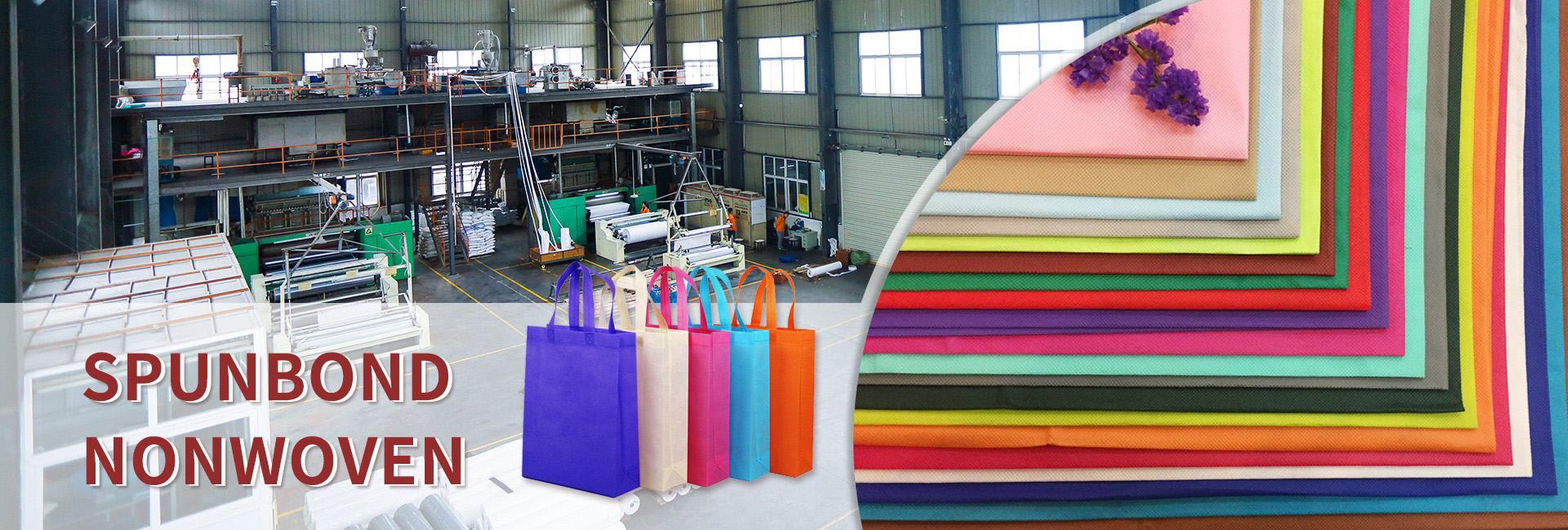
Products
Environmental Ultraviolet protection (UV) nonwoven fabric
UV non-woven fabric achieves efficient UV protection through material modification (nano oxides, graphene) and is widely used in agriculture, construction, and medical fields.
Technical principles and manufacturing processes
UV resistant additive
Inorganic fillers: nano zinc oxide (ZnO), graphene oxide, etc., achieve protection by absorbing or reflecting ultraviolet light. Graphene oxide coating can reduce the transmittance of non-woven fabrics to less than 4% in the UVA band (320-400 nm), with a UV protection coefficient (UPF) greater than 30, while maintaining a visible light transmittance reduction of only 30-50%.
Functional processing technology
Spunbond technology, polypropylene (PP) is directly formed into a web after melt spraying, and 3-4.5% anti UV masterbatch is added to achieve uniform protection.
Main application areas
Agriculture
Crop protection: Covering the ground or plants to prevent frost and pest infestations, balancing light and air permeability (light transmittance 50-70%), promoting stable growth; Durability requirements: add anti-aging agent to extend outdoor service life (typical specification: 80 – 150 gsm, width up to 4.5 meters).
Construction field
Insulation material wrapping: wrapped with insulation layers such as glass wool to prevent fiber dispersion and block UV degradation, extending the life of building materials; Engineering protection: Used for cement curing, roadbed paving, customized flame retardant type (self extinguishing after leaving the fire) or high tensile type (thickness 0.3-1.3mm).
Medical and personal protection
Antibacterial and UV resistant composite: Ag ZnO composite is added to melt blown non-woven fabric to achieve 99% antibacterial rate and flame retardancy (oxygen index 31.6%, UL94 V-0 level), used for masks and surgical gowns; Sanitary products: diapers, wet wipes, etc. utilize their antibacterial and breathable properties.
Outdoor products
Tarpaulin, protective clothing, UV screen windows, etc., balancing lightweight and high UPF value.
Performance advantages
Environmental adaptability
Excellent acid and alkali resistance, solvent resistance, suitable for harsh environments. Degradable PP materials (such as 100% virgin polypropylene) are in line with environmental trends.
Multi functional integration
Multi functional composite such as flame retardant, antibacterial, waterproof and dustproof (such as Ag ZnO+expansion flame retardant synergistic). Good flexibility, the coating does not peel off after repeated bending.
Economic
Low cost (such as agricultural non-woven fabric about $1.4-2.1/kg), customizable production.










